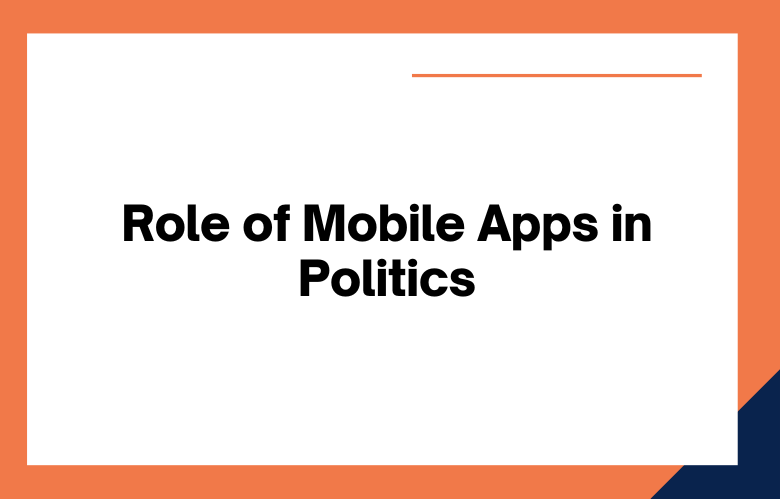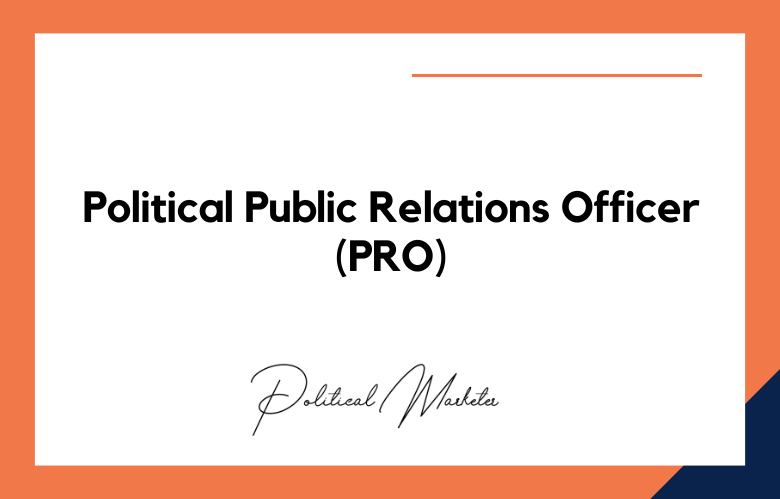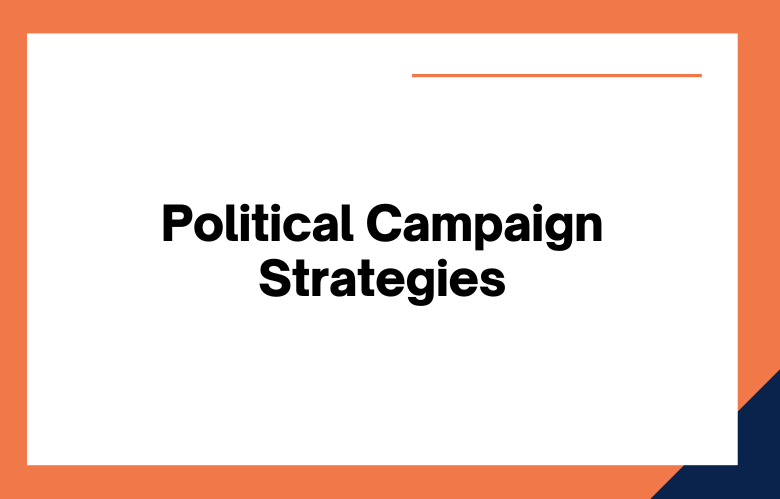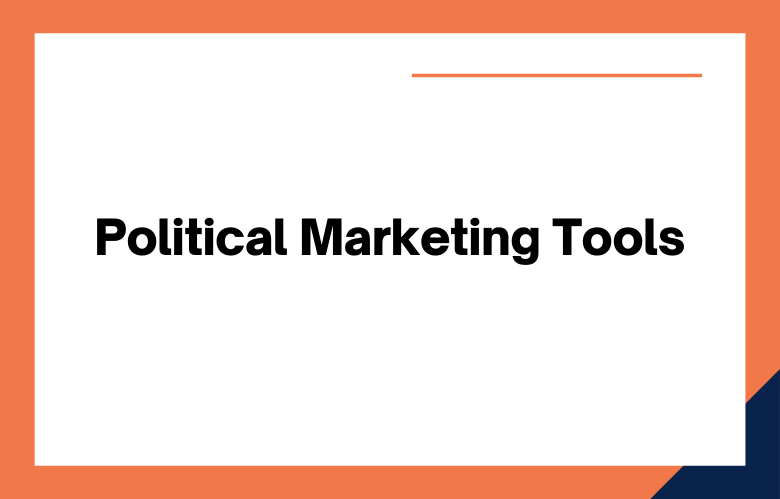In a world where we are constantly connected to our phones, it’s no surprise that mobile apps are changing the landscape of political marketing. Political campaigns can directly reach out to potential voters using smartphones and other mobile devices. Let’s look at how mobile apps are transforming the future of political marketing.
Mobile Apps are More Personal than Other Forms of Communication
When you download a political candidate’s mobile app, you’re permitting them to send you updates and information directly to your phone. This gives politicians a much more direct line of communication with their constituents than things like TV ads or billboards.
Mobile Apps can be Highly Targeted.
When you download a political candidate’s mobile app, you’re typically required to provide basic information about yourself, like your name, address, and email. This allows candidates to target their messages to those most likely interested in what they have to say.
For example, suppose a candidate is campaigning on an environmental protection platform. In that case, they can use their app to target messages specifically to voters who live in areas affected by environmental disasters.
Mobile Apps Help Candidates Stay Top-of-Mind
Let’s see it: most of us stick to our phones 24/7 these days. That means that if candidates can manage to get their app onto our home screens, they’re almost guaranteed to stay top-of-mind when election time comes around. And if a candidate can contact us to use their app daily, even better!
Improved Voter engagement
Mobile apps provide a direct channel of communication between political campaigns and voters. With push notifications, campaigns can send timely updates and reminders directly to voters’ phones. This allows campaigns to stay top-of-mind with voters and improve voter engagement.
Increased Donations
Mobile apps make it easy for users to donate to political campaigns with just a few taps. The convenience of mobile donations can result in higher donation rates and increased fundraising totals for campaigns.
Better Volunteer Management
Mobile apps allow volunteers to sign up for shifts, receive updates and alerts, and track their hours worked. This can lead to improved volunteer management and increased efficiency for campaigns.
More targeted Messaging
With mobile app data, political campaigns can better understand who their supporters are and what issues they care about. This allows campaigns to tailor their messaging to specific voters and achieve better results.
Location-Based Services
Mobile apps can utilize a voter’s location to send personalized messages and content relevant to their current location. For example, a voter near a polling station on Election Day could receive a push notification reminding them to vote. This is a potent tool for political campaigns, allowing them to target and reach potential voters with laser precision.
Augmented Reality
AR is the most popular feature in mobile apps. Using AR, political campaigns can give potential voters a first-hand look at their policies and platforms. For example, imagine seeing how a proposed policy change would impact your community before it goes into effect.
AR provides political campaigns with a unique way to engage potential voters and give them a direct look at how their policies would affect them on a personal level.
Wearables
With the advent of wearable devices such as the Apple Watch and Fitbit, mobile apps can now send notifications directly to a voter’s wrist. This is a handy tool for political campaigns as it allows them to send reminders and alerts directly to a potential voter’s wrist, ensuring they never miss an important update or event.
How Mobile Apps are Transforming the Future of Political Marketing
The way that people consume information has changed dramatically in recent years. Where we used to get our news from television or newspapers, we now turn to the internet and social media.
Many of us are getting news from digital sources, so it’s no surprise that political campaigns have followed suit. U.S. Presidential Election in 2016, Hillary Clinton and Donald Trump utilized mobile apps as part of their campaign strategy. One of the most notable examples was Clinton’s “Hillary 2016” app, which allowed users to stay up-to-date on campaign events, donate money, and even find polling locations on election day.
Mobile apps offer several advantages for political campaigns. They are interactive, easily shareable, and allow campaigns to collect valuable data about potential voters. With the right strategy, mobile apps can be incredibly effective for reaching out to voters and winning elections.
Conclusion
Political campaigns that don’t utilize mobile apps will be disadvantaged when trying to reach out to potential voters. To win your next election, have a solid mobile app strategy!
It is clear that mobile apps are changing the future of political marketing, and as we have seen, they can be used significantly by both candidates and voters. Our team is here to assist you if you’re looking for help in developing a successful app-based political marketing campaign.
We are experts in helping clients reach their target audiences through cutting-edge mobile technologies. Contact us today to discuss your needs, and let us show you how we can use mobile apps to transform your political marketing strategy!
How Mobile Apps are Transforming the Future of Political Marketing: FAQs
What Is the Role of Mobile Apps in Political Marketing?
Mobile apps help political parties and candidates connect with voters, deliver information, gather feedback, and mobilize supporters more effectively.
How Do Mobile Apps Enhance Voter Engagement?
They allow real-time updates, personalized notifications, interactive polls, and direct communication between candidates and citizens.
Can Mobile Apps Be Used for Political Campaigns?
Yes, apps are used for volunteer management, fundraising, canvassing, rally coordination, and voter outreach.
What Are Examples of Political Apps Used Globally?
Examples include Narendra Modi’s “NaMo App” in India, Barack Obama’s campaign apps in the U.S., and various party-specific apps in Europe.
How Do Political Apps Help in Data Collection?
They collect user data such as demographics, preferences, and issue priorities, which can be used for targeted campaign strategies.
Are Mobile Apps Useful for Fundraising in Politics?
Yes, many apps integrate donation portals to collect contributions directly from supporters.
How Can Mobile Apps Improve Voter Education?
They provide details on candidates, manifestos, polling booths, and election rules, empowering voters with accurate information.
What Is the Role of Push Notifications in Political Apps?
Push alerts remind supporters about events, voting dates, fundraising appeals, and breaking campaign news.
Can Mobile Apps Help Organize Volunteers?
Yes, apps streamline volunteer sign-ups, task assignments, event scheduling, and communication among campaign teams.
How Do Mobile Apps Support Political Transparency?
They can share real-time government updates, fact-check claims, and increase accountability by making data publicly available.
What Are the Security Concerns with Political Apps?
Risks include data breaches, voter profiling misuse, and hacking attempts that compromise sensitive campaign and voter information.
Can Mobile Apps Be Misused in Politics?
Yes, they can be exploited for spreading propaganda, manipulating voters, or violating privacy through unauthorized data collection.
How Do Political Apps Work with Social Media?
Most apps integrate social media sharing features, amplifying campaign messages across platforms like WhatsApp, Facebook, and X (Twitter).
What Role Do Mobile Apps Play in Election Day?
They guide voters to polling booths, provide real-time turnout data, and mobilize last-minute campaign efforts.
Can Mobile Apps Reduce Misinformation?
If designed responsibly, apps can provide verified updates, counter fake news, and promote fact-based communication.
How Do Political Apps Influence Young Voters?
Youth are highly mobile-centric, so apps with interactive features, gamification, and direct engagement attract first-time voters.
Are Political Apps Regulated by Election Authorities?
Yes, apps must comply with data privacy laws, election spending rules, and content regulations, though enforcement varies.
How Do Mobile Apps Help in Policy Feedback?
Apps allow citizens to submit surveys, feedback forms, and petitions, giving leaders insight into public opinion.
What Technologies Power Political Mobile Apps?
They use AI, chatbots, GPS, data analytics, and cloud integration for smarter engagement and campaign management.
What Is the Future of Mobile Apps in Political Marketing?
Future apps will integrate AI-driven personalization, blockchain for secure donations, and AR/VR for immersive campaign experiences.










